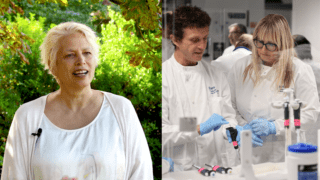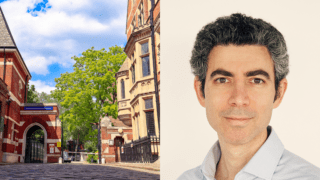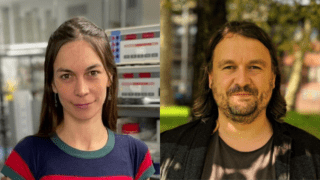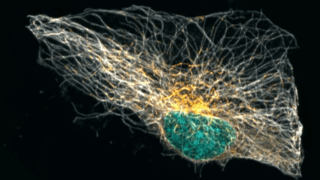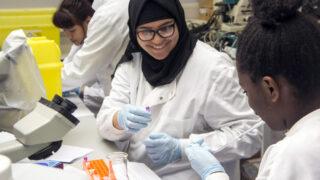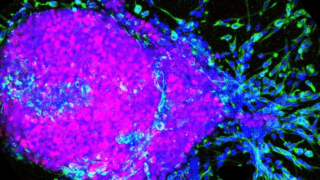Latest News
Search News
Categories
Archives
Video: Knowledge is power – how our VOICE science course is helping cancer patient advocates to speak out
27th September 2023
One of our VOICE participants explains why she travelled half way around the world to take part
Read moreProfessor Nitzan Rosenfeld appointed as new Barts Cancer Institute Director
22nd September 2023
We’re delighted to announce the appointment of Professor Nitzan Rosenfeld as our new Director
Read moreBCI researchers part of international team shortlisted for Cancer Grand Challenges award
5th September 2023
Dr Özgen Deniz and Dr Benjamin Werner are part of a team shortlisted for these prestigious awards
Read moreHow cancer cells shapeshift to spread through the body
23rd August 2023
Researchers show how cancer cells rearrange their inner workings to squeeze between obstacles
Read moreBCI inspires young science stars
7th August 2023
We welcomed more than 20 promising students from schools around the capital into the BCI.
Read moreUnexpected inhibitor of breast cancer invasion revealed
28th July 2023
The findings could help us to distinguish who will benefit from treatment
Read more
